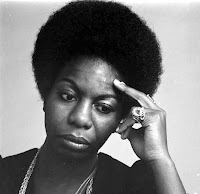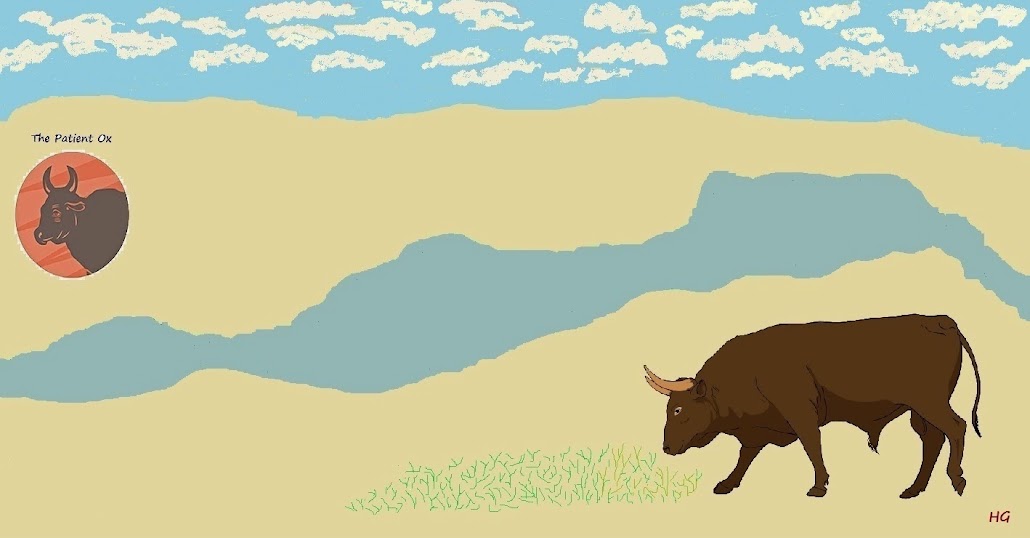
--------------
"Ne Me Quitte Pas!"
Ne me quitte pas
Il faut oublier
Tout peut s'oublier
Qui s'enfuit déjà
Oublier le temps
Des malentendus
Et le temps perdu
A savoir comment
Oublier ces heures
Qui tuaient parfois
A coups de pourquoi
Le cœur du bonheur
Ne me quitte pas
Ne me quitte pas
Ne me quitte pas
Ne me quitte pas
Moi je t'offrirai
Des perles de pluie
Venues de pays
Où il ne pleut pas
Je creuserai la terre
Jusqu'après ma mort
Pour couvrir ton corps
D'or et de lumière
Je ferai un domaine
Où l'amour sera roi
Où l'amour sera loi
Où je serai reine
Ne me quitte pas
Ne me quitte pas
Ne me quitte pas
For Jacques Brel!
Ne me quitte pas
Ne me quitte pas
Je t'inventerai
Des mots insensés
Que tu comprendras
Je te parlerai
De ces amants-là
Qui ont vu deux fois
Leurs cœurs s'embraser
Je te raconterai
L'histoire de ce roi
Mort de n'avoir pas
Pu te rencontrer
Ne me quitte pas
Ne me quitte pas
Ne me quitte pas
Ne me quitte pas
On a vu souvent
Rejaillir le feu
D'un ancien volcan
Qu'on croyait trop vieux
Il est paraît-il
Des terres brûlées
Donnant plus de blé
Qu'un meilleur avril
Et quand vient le soir
Pour qu'un ciel flamboie
Le rouge et le noir
Ne s'épousent-ils pas
Ne me quitte pas
Ne me quitte pas
Ne me quitte pas
Ne me quitte pas
[ Mon choix est la France ??!!]
Ne me quitte pas
Ne me quitte pas
Je ne vais plus pleurer
Je ne vais plus parler
Je me cacherai là
A te regarder
Danser et sourire
Et à t'écouter
Chanter et puis rire
Laisse-moi devenir
L'ombre de ton ombre
L'ombre de ta main
L'ombre de ton chien
Ne me quitte pas
Ne me quitte pas
Ne me quitte pas
Ne me quitte pas.
Bon soir.
Il faut oublier
Tout peut s'oublier
Qui s'enfuit déjà
Oublier le temps
Des malentendus
Et le temps perdu
A savoir comment
Oublier ces heures
Qui tuaient parfois
A coups de pourquoi
Le cœur du bonheur
Ne me quitte pas
Ne me quitte pas
Ne me quitte pas
Ne me quitte pas
Moi je t'offrirai
Des perles de pluie
Venues de pays
Où il ne pleut pas
Je creuserai la terre
Jusqu'après ma mort
Pour couvrir ton corps
D'or et de lumière
Je ferai un domaine
Où l'amour sera roi
Où l'amour sera loi
Où je serai reine
Ne me quitte pas
Ne me quitte pas
Ne me quitte pas
For Jacques Brel!
Ne me quitte pas
Ne me quitte pas
Je t'inventerai
Des mots insensés
Que tu comprendras
Je te parlerai
De ces amants-là
Qui ont vu deux fois
Leurs cœurs s'embraser
Je te raconterai
L'histoire de ce roi
Mort de n'avoir pas
Pu te rencontrer
Ne me quitte pas
Ne me quitte pas
Ne me quitte pas
Ne me quitte pas
On a vu souvent
Rejaillir le feu
D'un ancien volcan
Qu'on croyait trop vieux
Il est paraît-il
Des terres brûlées
Donnant plus de blé
Qu'un meilleur avril
Et quand vient le soir
Pour qu'un ciel flamboie
Le rouge et le noir
Ne s'épousent-ils pas
Ne me quitte pas
Ne me quitte pas
Ne me quitte pas
Ne me quitte pas
[ Mon choix est la France ??!!]
Ne me quitte pas
Ne me quitte pas
Je ne vais plus pleurer
Je ne vais plus parler
Je me cacherai là
A te regarder
Danser et sourire
Et à t'écouter
Chanter et puis rire
Laisse-moi devenir
L'ombre de ton ombre
L'ombre de ta main
L'ombre de ton chien
Ne me quitte pas
Ne me quitte pas
Ne me quitte pas
Ne me quitte pas.
Bon soir.

